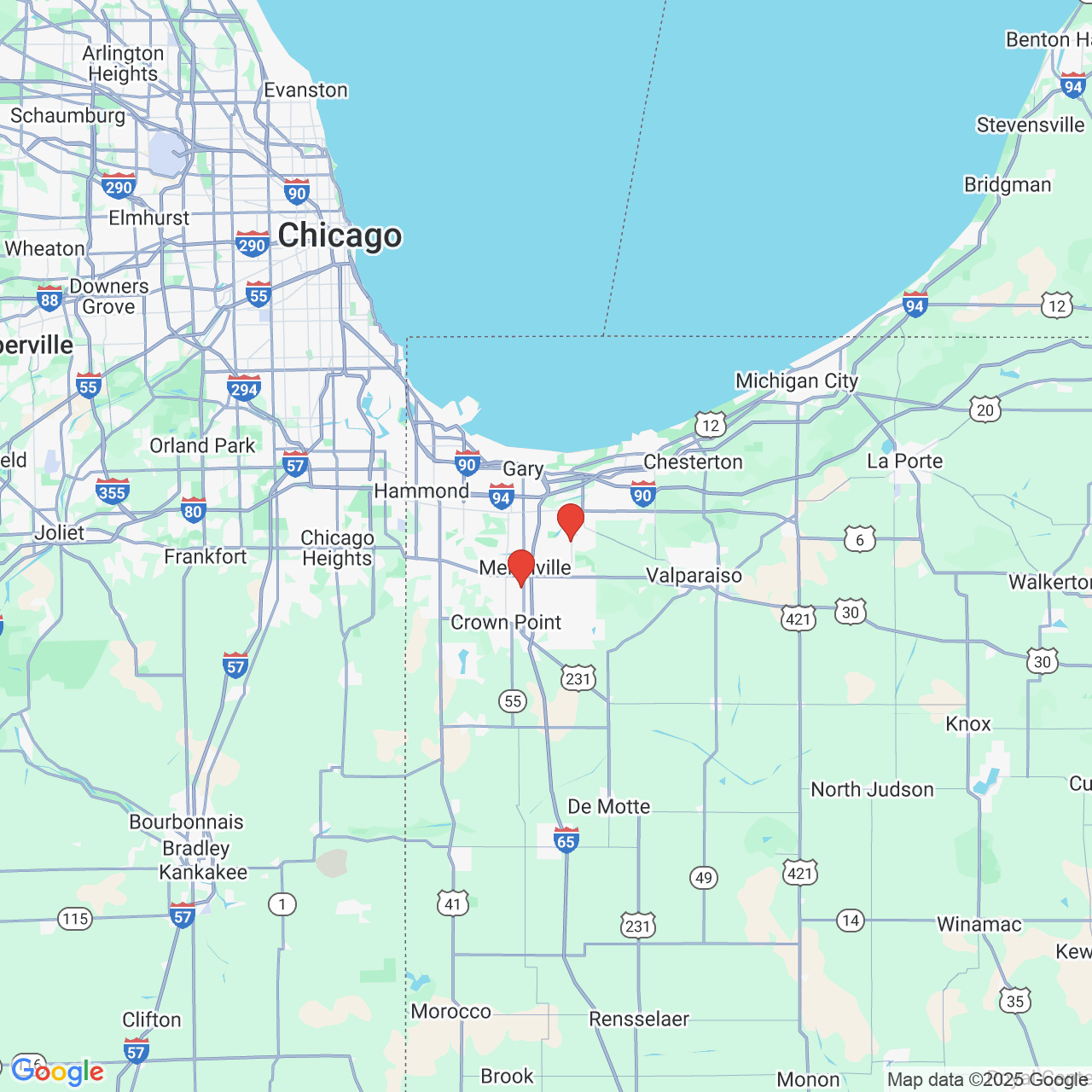The Top Causes of Blindness
 Here at Deen-Gross Eye Centers, we do our best to help patients in the greater Merrillville and Hobart regions see clearly. While this often involves laser vision correction and the use of corrective lenses, this can also involve treating eye conditions that lead to vision loss such as glaucoma.
Here at Deen-Gross Eye Centers, we do our best to help patients in the greater Merrillville and Hobart regions see clearly. While this often involves laser vision correction and the use of corrective lenses, this can also involve treating eye conditions that lead to vision loss such as glaucoma.
We'd like to use this post to look at the four most common causes of blindness in the United States and how they can be properly treated.
Cataracts
Cataracts occur when the naturally clear lens of the eye become clouded over and opaque. This leads to the off-putting milky appearance of the lens of the eye as well as blurred vision, faded colors, glare, double vision, poor night vision, and major changes in your eye wear prescription.
Cataracts are common in people of advanced age. It's estimated that 22 million Americans have cataracts; the World Health Organization says that 47.9 percent of all visual impairment in the world is the result of cataracts.
Treatments for Cataracts
Thankfully the treatment of cataracts is rather simple, involving a routine surgery to remove the clouded lens of the eye. Restoring vision will involve the use of a lens implant and/or different corrective lenses. Sometimes the cataract does not even have to be removed if its progression is halted.
Glaucoma
Glaucoma is a condition that involves increased pressure within the eyes, resulting in damage to the optic nerve. Approximately 2.3 million Americans suffer from glaucoma, and it is the leading cause of vision loss among African Americans and Hispanics.
Glaucoma can be hard to detect and notice since it often develops over time, with gradual vision loss. Those who are at higher risk of developing glaucoma should visit an eye doctor for regular checkups.
Treatments for Glaucoma
Glaucoma cannot be reversed, but there are different means of managing the intraocular pressure that causes the vision loss to occur. Medications are often the first option, typically in the form of eye drops, though certain oral medications can be used to manage intraocular pressure as well. Surgery can be performed to reduce intraocular pressure if patients do not respond to non-surgical procedures.
Age-Related Macular Degeneration (AMD)
The macula is the central part of the retina, which is the light-sensitive tissue at the back of the eye that allows people to see. With advanced age, the cells of the macula can die, leading to changes in vision quality and the loss of one's vision in general.
People who develop AMD will notice gradual degeneration of their vision, including blurring over the years, issues with recognizing faces, the need for more light when reading, and haziness of the central vision.
Treatments for Age-Related Macular Degeneration (AMD)
AMD is incurable and irreversible, though treatments can help slow and even halt its progression. Typically the treatments will start conservative, using vitamin supplements and medications to help slow down the progression of AMD. Surgery can be performed should less invasive procedures prove ineffective at maintaining vision quality.
Diabetic Retinopathy
Diabetic retinopathy is a type of vision loss that is brought on by diabetes. It involves the weakening and the damage to the blood vessels of the retina, resulting in leakage onto the retina, retinal damage, and vision loss. Roughly half of all people who are diagnosed with diabetes will develop diabetic retinopathy later in life.
Treatments for Diabetic Retinopathy
Typically a surgical procedure is used to help address diabetic retinopathy and slow the progress of vision loss. This may involve the replacement of the vitreous humor of the eye, for instance, or the use of lasers to help shrink abnormal blood vessels in the retina. The ideal treatments for a patient will depend on the progression of the condition and other factors.
Learn More About Treating and Preventing Vision Loss
For more information about how you can prevent blindness and treat vision loss, it's important that you contact our vision correction and eye care specialists today. The entire team hear will work closely with all patients to ensure that they get expert treatment for any eye health issues that they face.



